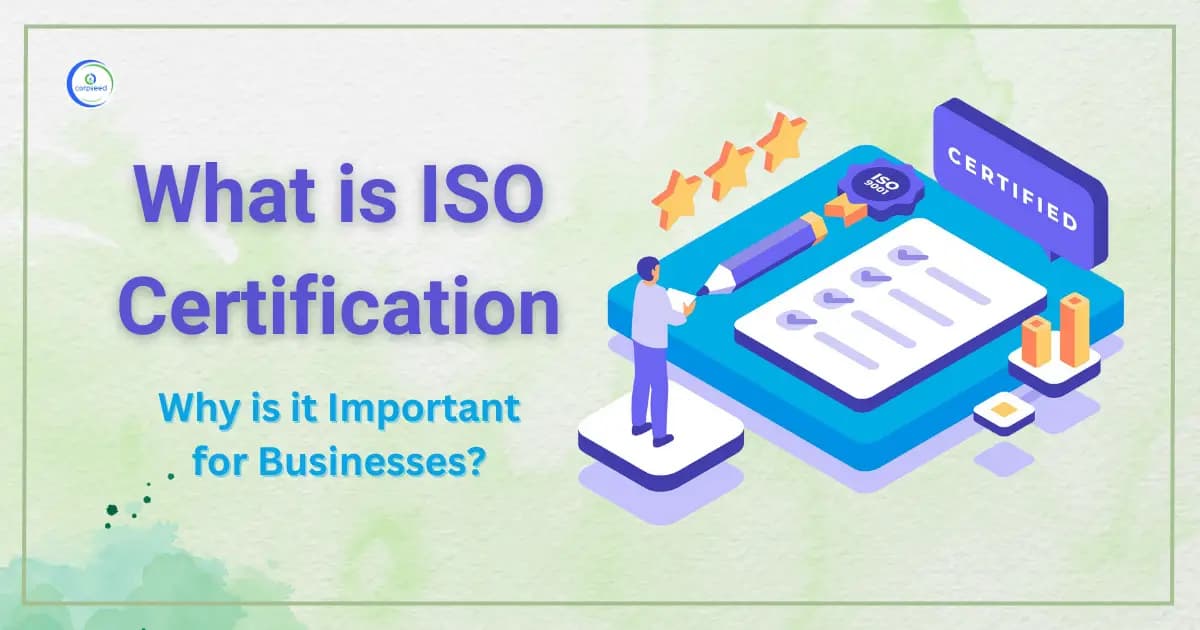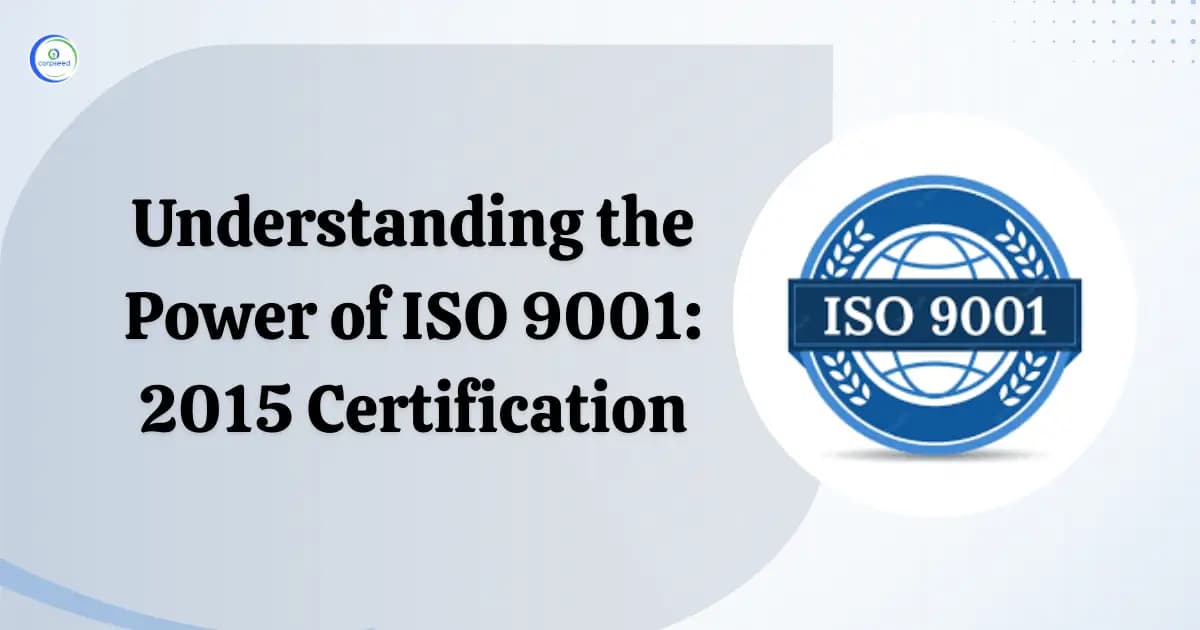
Loading...

ISO Certification is one of the most essential components of modern business operation. It represents the commitment of an organization towards quality, efficiency, and continuous improvement.
About the Author

Parul Bohral, a BALLB graduate and experienced legal researcher and content writer with expertise in various legal areas, including corporate law and intellectual property. I have gained valuable experience in esteemed legal environments, where I have strengthened my research skills, allowing me to approach legal writing with precision and depth.
As a legal content writer, I am committed to delivering work that not only informs but also engages readers. By staying informed about the latest trends in content marketing and regulatory developments, I ensure that my writing remains sophisticated and meets industry standards. My dedication to thorough research enables me to craft content that is both insightful and impactful.
Related articles

TRAI New SMS Rules 2026: Mandatory Tagging to Stop Mobile Spam
2026-02-18

Allocation and Activation of TRAI-Compliant 1600 Series Numbers
2026-12-30

Understanding the Power of ISO 9001: 2015 Certification
2025-04-22

IS 19060 (Part 1): 2024 Cryogenic Vessels - Large Transportable Vacuum-Insulated Vessels Part 1 Design, Fabrication, Inspection and Testing (ISO 20421-1: 2019, MOD)
2025-03-18

What is Eco Mark Scheme?
2025-03-17

IS 18879 (Part 3): 2024 ISO 8536-3: 2009 + AMD 1: 2022 Infusion Equipment for Medical Use (Part 3) Aluminium Caps for Infusion Bottles
2025-03-15
Delhi Legal Metrology (Enforcement) Amendment Rules, 2026
2026-02-24 • 0 views
2023-02-27
2026-02-25